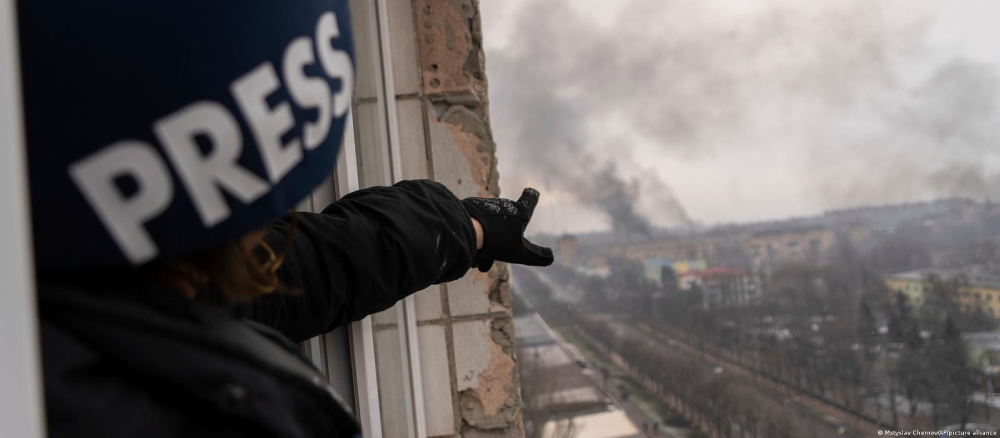When a significant corruption scandal emerged in Ukraine last weekend, journalists faced a challenging predicament, torn between their professional duty and the desire to protect their country’s image. The question on their minds was whether they should report this scandal to foreign audiences, fearing that it might diminish international support for Ukraine.
Investigating corruption
The gravity of the cases that came to light was undeniable, as they struck at the core of Ukraine’s war economy. Investigators were scrutinizing a deputy infrastructure minister for potential profiteering from an overpriced deal to supply electrical generators. Additionally, the defense ministry was under investigation for an inflated contract involving the provision of food and catering services to the troops.
These were substantial stories, but in the life-or-death context of Ukraine, even Yuriy Nikolov, a colleague who uncovered the inflated military contract, hesitated to publish his investigation. He first took his findings to public officials in the hope that they would address the issue, only deciding to publish on the ZN.UA website when he felt compelled to do so.
Facts, rather than emotions
As a journalist, maintaining some distance from the subject matter is typically advisable to preserve impartiality and focus on facts rather than emotions. However, what happens when impartiality becomes impossible because you are covering the invasion of your own country? While holding the government accountable remains crucial, Ukrainian journalists are acutely aware that Russia and other critics are eager to exploit any opportunity to undermine trust in their authorities.
This is the daily reality faced by Ukrainian journalists. During the initial six months of the invasion, they opted to temporarily suspend public criticism of the Ukrainian government and concentrate on documenting Russian war crimes. Unfortunately, this approach had unintended consequences.
“This pause led to a rapid loss of accountability for many Ukrainian officials,” noted Mykhailo Tkach, a top investigative journalist in Ukraine, in a column for Ukrainska Pravda.
Ban on officials traveling abroad
Tkach’s investigations into Ukrainian officials leaving the country for lavish vacations in Europe during the war prompted President Volodymyr Zelenskyy to impose a ban on officials traveling abroad for non-work-related reasons during the war. It also resulted in the dismissal of a powerful deputy prosecutor general.
The Ukrainian government was compelled to respond to the corruption allegations and swiftly carry out a major reshuffle. Would this have happened if Ukrainian journalists had withheld their findings until victory? It is doubtful.
Writing about the failings of one’s own government’s officials during a time when overwhelming enemy forces are attempting to obliterate one’s nation is undoubtedly painful. However, in this instance, there was cause for optimism. Change is happening in Ukraine.
Under intense pressure from civil society and the independent press, the government had to act swiftly. Memes and social media posts mocking the government’s commitment to buying eggs at exorbitant prices quickly circulated. Ultimately, the deputy infrastructure minister was fired, and the deputy defense minister resigned.
The European Commission lauded this prompt response, which highlights the stark contrast between Ukraine and Russia. While Ukraine holds officials accountable for corruption, Russia targets the journalists who report on it.
As Tkach asserted, many believe that the war with the internal enemy—high-profile corruption—will commence immediately after the victory over the external one.
However, waiting until then is not a viable option. It is crucial to understand that the sooner Ukraine overcomes its internal enemy—the scourge of corruption—the sooner it will prevail against Russia.
“Dismantling corruption means obtaining additional resources for the country’s defense capabilities. It means saving more lives, both military and civilian”
Mykhailo Tkach, investigative journalist in Ukraine
The corruption scandals that recently came to light in Ukraine presented a challenging dilemma for journalists, torn between their duty to report and concerns about the potential impact on international support.
However, the swift response from the Ukrainian government, driven by pressure from civil society and the independent press, demonstrates a commitment to addressing corruption.
